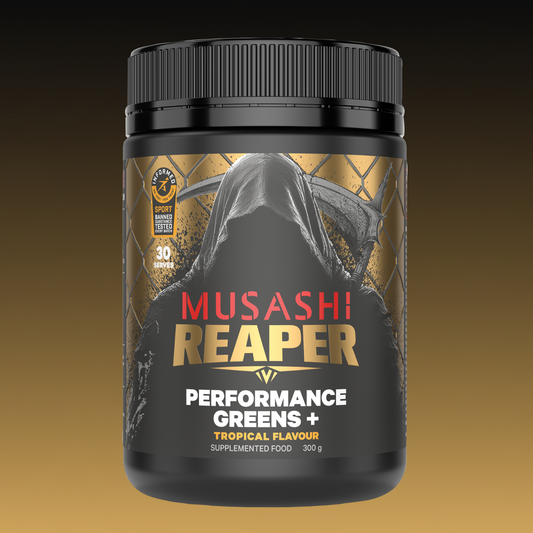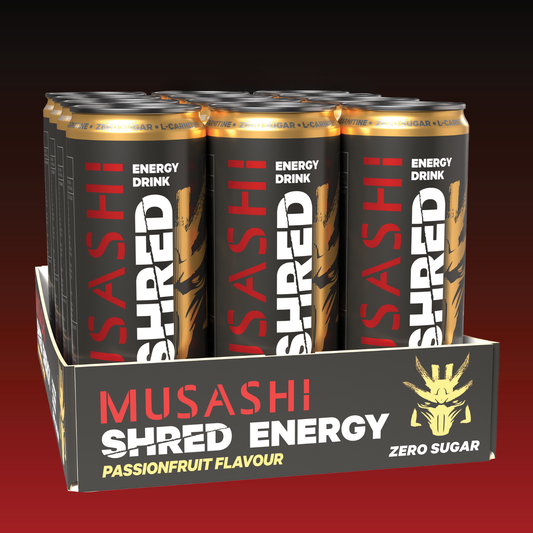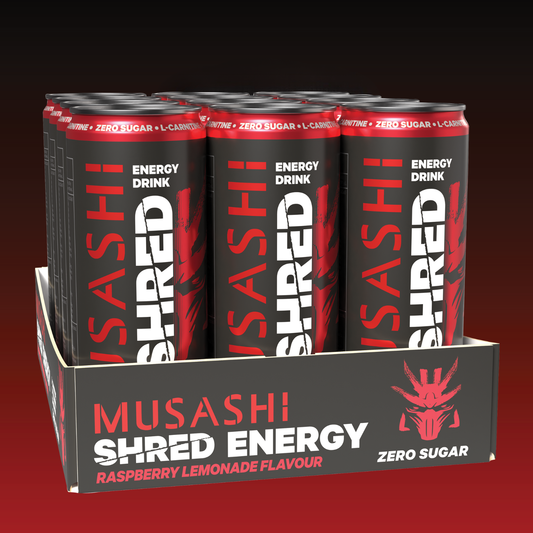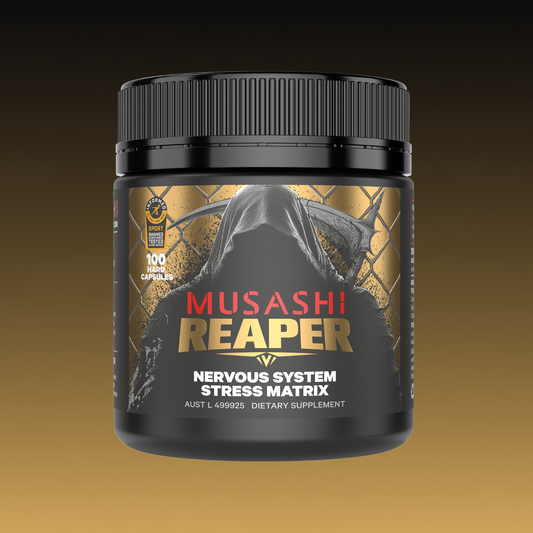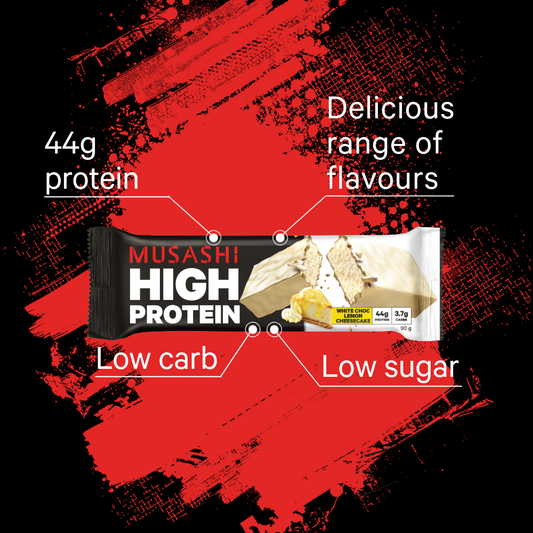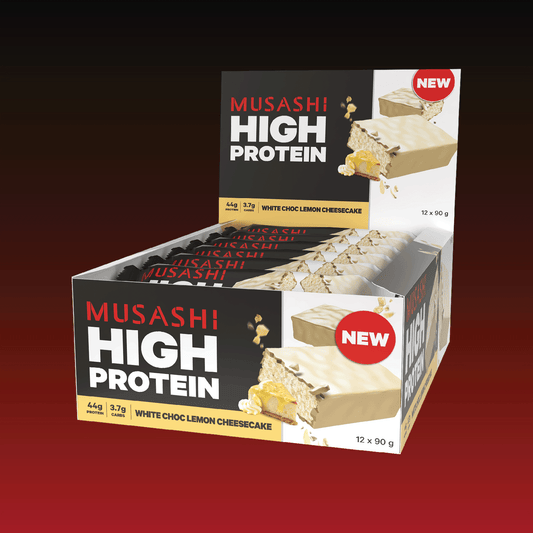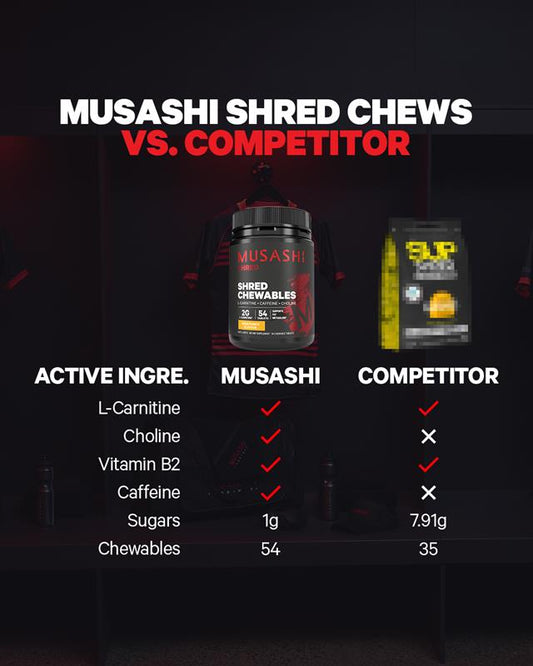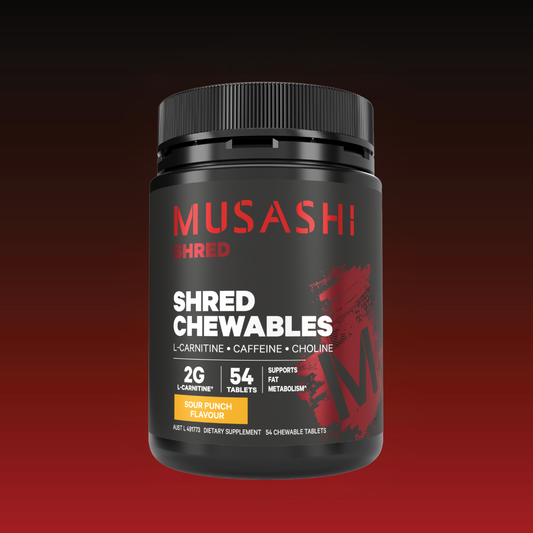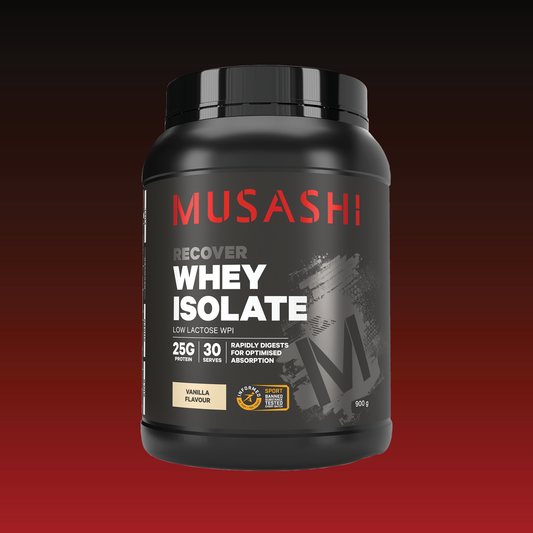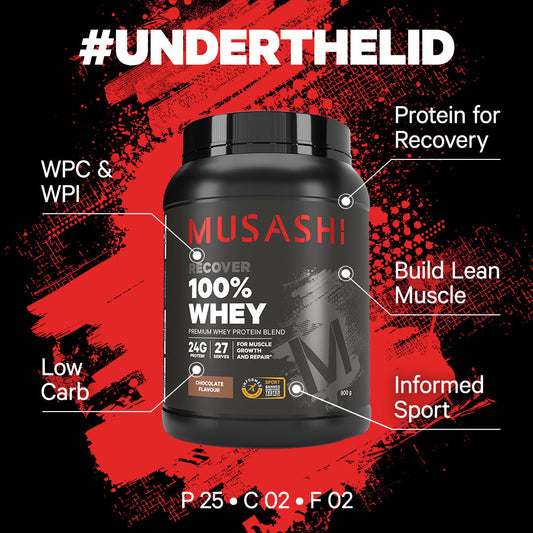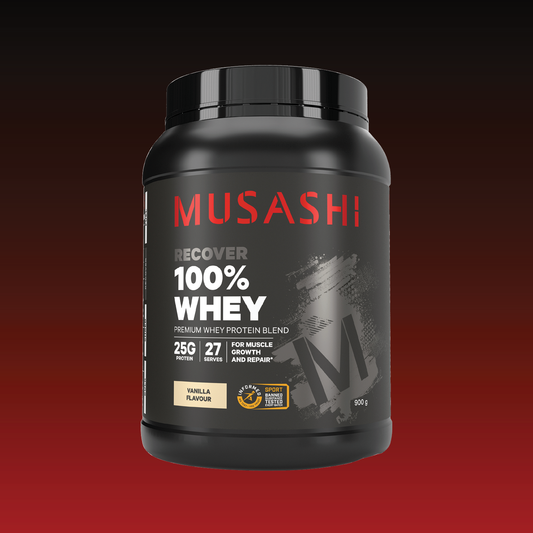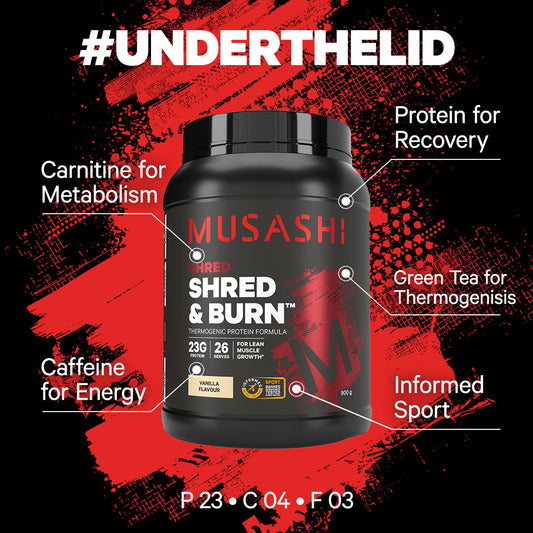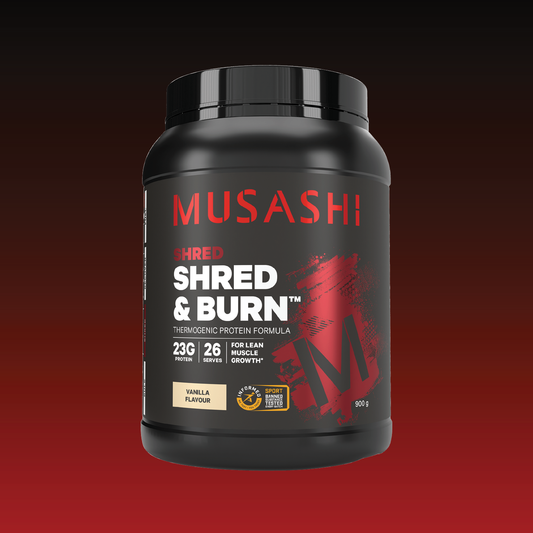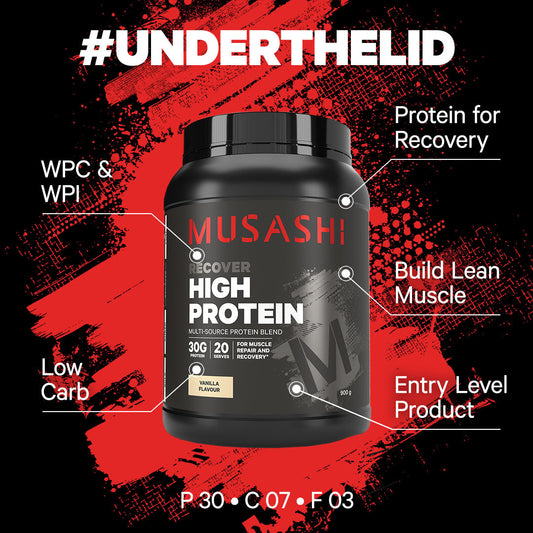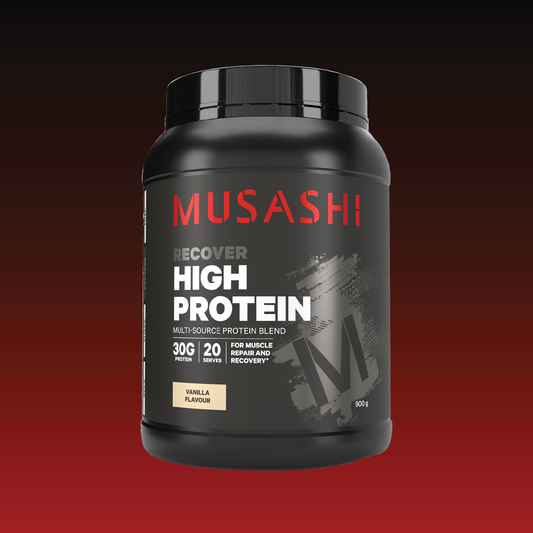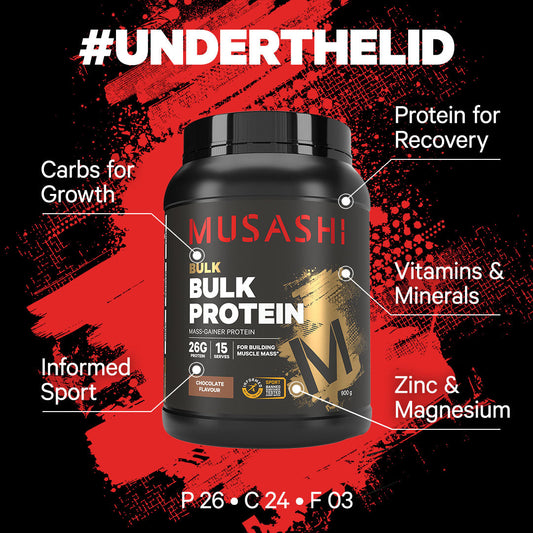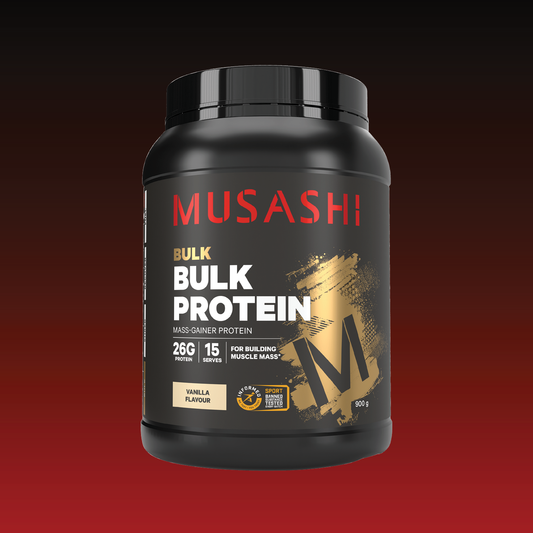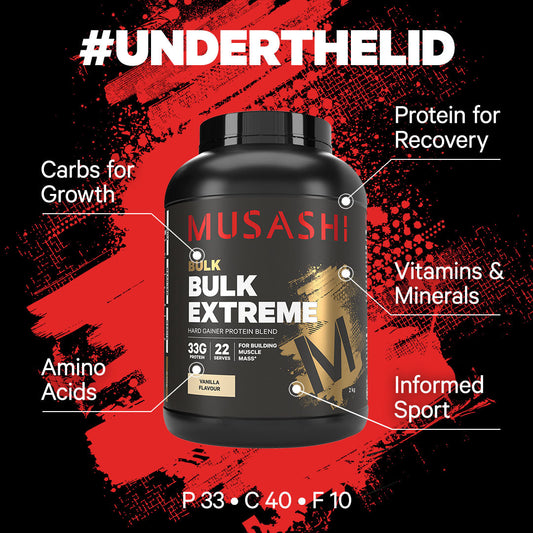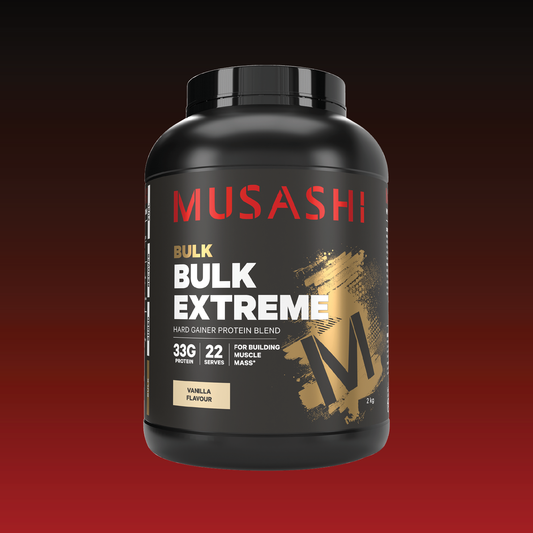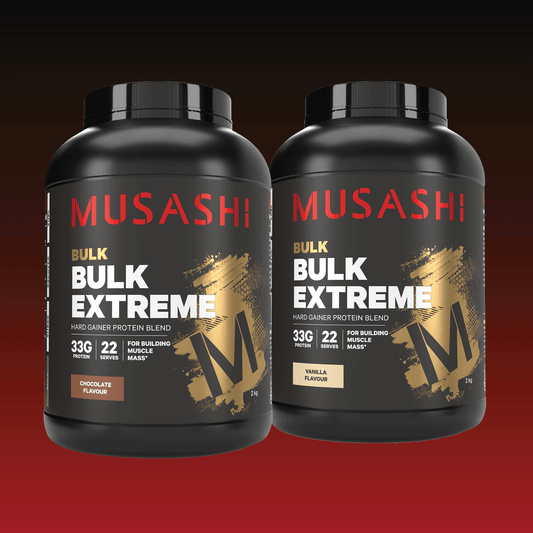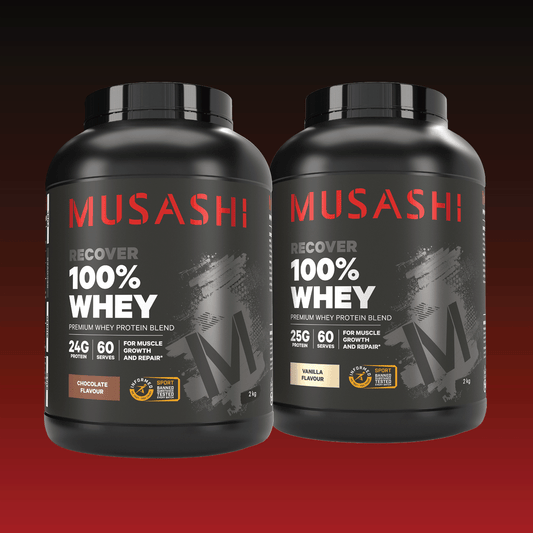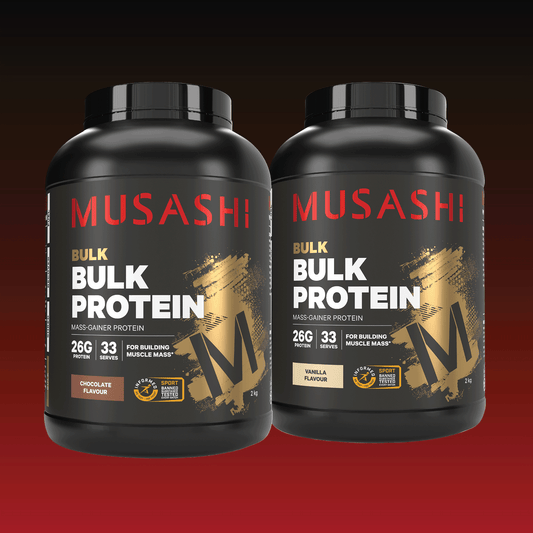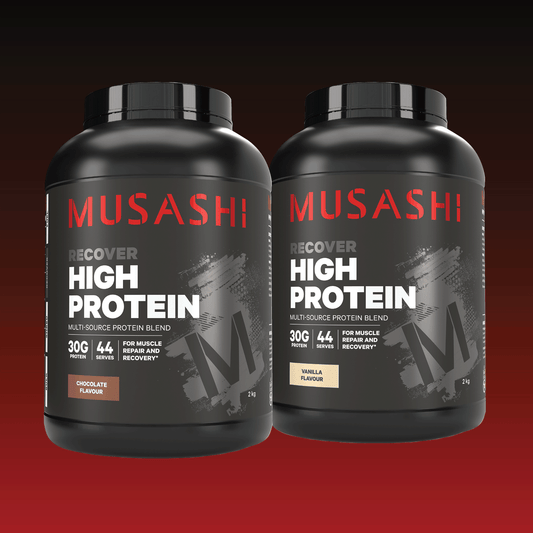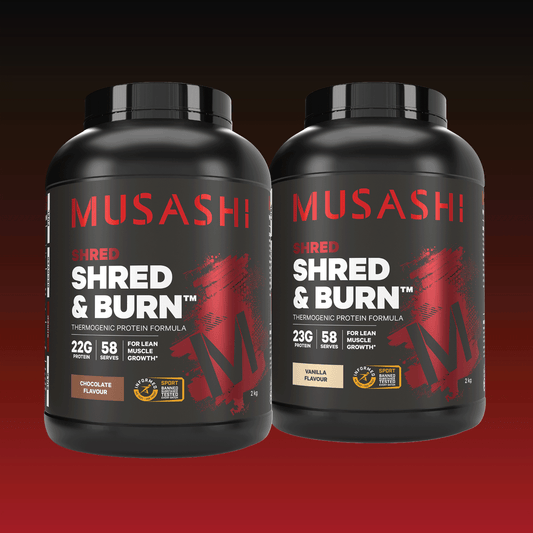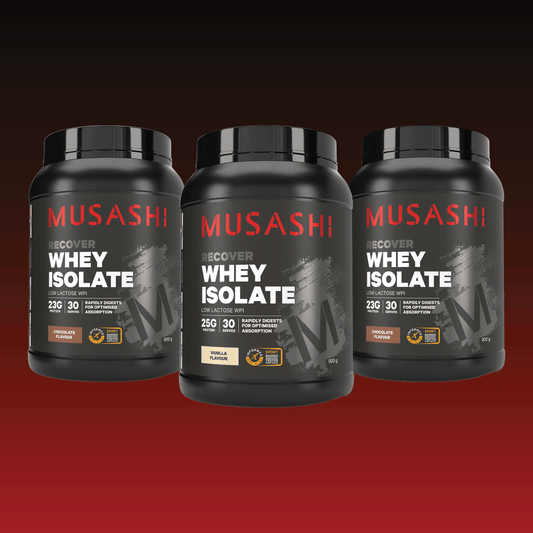-
-
100% Whey Protein Powder 3 Flavours Available
The Way To Recover
4.85Regular price RRP From: $74.99 -
Shred & Burn Protein Powder 2 Flavours Available
The Way To Shred
4.72Regular price RRP From: $33.99 -
-
-
-
4kg Value Bundle – Bulk Extreme Protein Powder 2 Products
The Way To Bulk
Regular price RRP: $266.98 -
-
4kg Value Bundle – 100% Whey Protein Powder 2 Products
The Way To Recover
5.00Regular price RRP: $266.98 -
-
4kg Value Bundle – High Protein Powder 2 Products
The Way To Recover
5.00Regular price RRP: $266.98 -
4kg Value Bundle – Shred & Burn Protein Powder 2 Products
The Way To Shred
5.00Regular price RRP: $266.98 -
Our FAQs have been written by Gwen Gothard, Sport Performance Nutritionist.
What is whey protein?
Whey protein is a high-quality protein derived from milk. It contains all nine essential amino acids and is commonly used as a protein supplement to improve athletic performance, increase muscle strength and aid in weight loss. Whey protein is available in different forms such as whey protein isolate (WPI) and whey protein concentrate (WPC).
Is whey protein bad for you?
Whey protein is considered safe for healthy people, when consumed in moderation.
It can be beneficial for athletes, the elderly, or vegetarians who might benefit from additional protein in the diet. There are however some digestive distress risks for those who are lactose sensitive or intolerant. For individuals who are lactose intolerant, consuming whey protein can result in bloating and stomach cramps due to the lactose content present in some forms of whey protein.
What is whey protein made from?
Whey protein is a mixture of proteins isolate from whey, which is the liquid material created as a by-product of cheese production. There are three primary types of whey protein: whey protein isolate (WPI), whey protein concentrate (WPC), whey protein hydrolysate (WPH), each with different levels of processing and protein content.
What is whey protein isolate?
Whey protein isolate (WPI) is a form of whey protein that is processed to remove fat and lactose content, leaving mainly protein. It is known for its high protein content, typically over 90% per serving, making it a popular choice for individuals looking to increase their protein intake without consuming excess fat or carbohydrates.
Does whey protein cause acne?
While research is ongoing and inconclusive, factors like diet, lifestyle and skin type are more likely to have a potential connection with acne, rather than the consumption of whey protein.
Is whey protein good for you?
Yes, whey protein can be beneficial for many individuals, especially for those looking to build muscle, meet protein requirements, or fill nutritional gaps. Protein is essential for the body as it plays a crucial role in various functions. It is a building block of every human cell, involved in vital biochemical processes, and necessary for growth, development, tissue repair and muscle maintenance. Protein helps create antibodies that fight infections, carries oxygen in the blood and regulates hormones.
Is whey protein vegan?
Whey protein is derived from milk and therefore is not considered suitable for vegans.
What does whey protein do?
Whey protein aids muscle growth, recovery, and performance for athletes. It provides essential amino acids crucial for strength and endurance.
How is whey protein made?
Whey protein is made as a by-product of cheese production. The process involves obtaining milk from healthy cows, pasteurising it, separating whey from casein, purifying the whey, drying it into powder, testing for purity and adding flavours.
Is whey protein vegetarian?
Whey protein is considered vegetarian-friendly as it is derived from cow’s milk, making it an animal product but not meat, suitable for most vegetarians.
How much whey protein a day?
For optimal results, the amount of whey protein to consume per day varies based on goals and activity levels. Generally, 20-30g of whey protein per serving, up to 1-2 servings per day, is typically sufficient to support muscle recovery and growth, especially when combined with resistance training.
Is whey protein gluten free?
Yes, whey protein is naturally gluten-free, but it’s essential to check labels for potential gluten-containing additives or cross-contamination risks.
Is whey protein good for weight loss?
Yes, whey protein can be beneficial for weight loss. It helps increase muscle density, promotes satiety, boosts fat burning, and supports metabolism when combined with a calorie-controlled diet and exercise program.
Can I take protein in the morning on an empty stomach?
Yes, whey protein can be consumed on an empty stomach and can help to balance blood sugar levels promote satiety, and support weight management. It also helps kickstart muscle recovery and growth after overnight fasting, replenishes amino acids, boost metabolism, and provides sustained energy for workouts.
Does whey protein build muscle mass?
Yes, whey protein can help build muscle mass when combined with resistance training. Numerous studies have demonstrated the effectiveness of whey protein supplementation in promoting muscle protein synthesis and muscle growth and recovery.
Is it ok to drink whey protein every day?
Yes, it is safe to drink whey protein every day, but it’s important to balance it with whole food sources to ensure a well-rounded nutrient intake.
When to take whey protein?
The best time to take whey protein depends on your goals. For weight loss, take it in the morning to boost metabolism and crush cravings. For muscle building, consume it post-workout to aid recovery and muscle growth. It can also be beneficial before bed to promote muscle growth and recovery during sleep.

